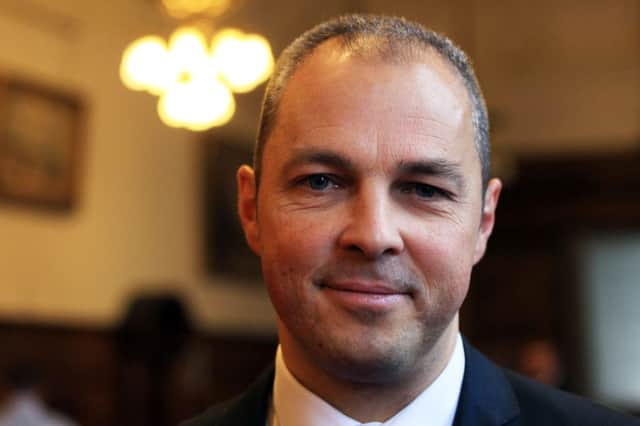North's smaller cities '˜need to be the focus of our policy-making'


With an overall contribution of £82bn a year, small and medium sized cities in the North of England challenge the traditional belief that big cities alone drive forward the economy, researchers claim.
The academic study by think tank IPPR, published today, found that growth rates in small and medium-sized cities match those of their big city neighbours, evidence likely to be seized upon by the Government to bolster their “Northern Powerhouse” agenda.
Advertisement
Hide AdAdvertisement
Hide AdEd Cox, Director of IPPR North, said: “The latest academic research is asking some big questions about the big city story and it is about time policy-makers recognised this.
“In the same way small and medium businesses are now seen as vital to the British economy and the success of our big companies, we need to refocus policy on the North’s small and medium towns and cities, and not just the big cities – vital as they are.
“The evidence shows this is not ‘jam-spreading’ resources thinly but economically the right thing to do: Leeds needs a prosperous Wakefield to succeed, and vice-versa.”
Yorkshire’s smaller cities such as Ripon, York and Hull have been found to represent one third of the region’s economic power and play a key role supporting the growth of their bigger neighbours such as Leeds and Sheffield.
Advertisement
Hide AdAdvertisement
Hide AdThe report “City systems: the role of smaller towns and cities in growing the Northern Powerhouse” highlights the vital role such places play in the wider economy in sectors like advanced manufacturing, energy and logistics.
Across the whole of the North growth rates in the 20 small and medium cities with populations over 75,000 match levels seen in major cities.
This includes Wigan, Doncaster and Burnley – with evidence to show that productivity in Wigan is higher than in neighbouring Manchester despite their difference in size.
The findings in the new research warrant a change of approach to the North’s small cities, according to IPPR North, who have outlined a range of changes they would like to see taken on board by the Government.
Advertisement
Hide AdAdvertisement
Hide AdThey would like smaller cities treated in the same way as small and medium-sized enterprises (SMEs) with “bespoke support to foster local strengths”.
They also want to see a step away from US-style thinking on cities which presumes economic hubs are large distances apart.
Instead it would be preferable to follow the European attitude to economic planning where European cities of all sizes are far more interconnected, researchers say.
Separately, the leader of Hull council has said today that a Greater Yorkshire Authority is needed “for this region to be sustainable for us and the generations to come”.
Advertisement
Hide AdAdvertisement
Hide AdWriting in The Yorkshire Post, he said: “I remain convinced that the only way we will secure lasting economic success and draw greater industry and investment to areas in the North that desperately need it is to build a bigger, stronger and more cohesive Greater Yorkshire Combined Authority. This will redress the imbalance in the economy of the UK which prevents the North from fully achieving what it is capable of.”